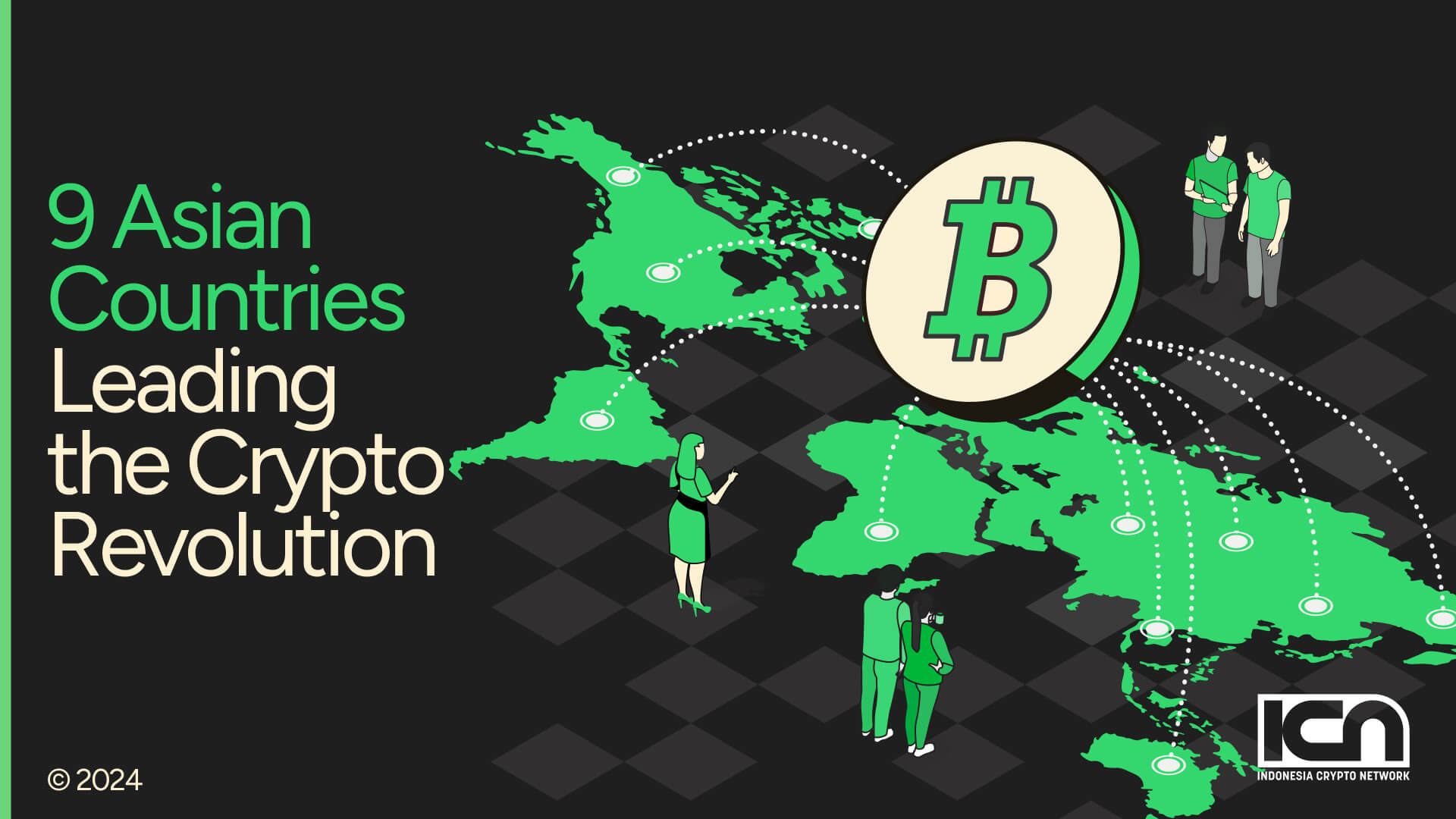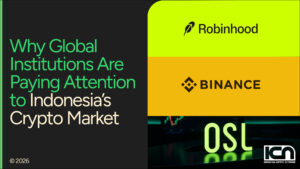Asia has emerged as the epicenter of global cryptocurrency adoption, with each country contributing distinctively to the region’s dynamic growth. The 2024 Chainalysis Geography of Cryptocurrency Report highlights how cultural, economic, and regulatory factors across Asia have catalyzed this financial transformation. Here’s a comprehensive look at the forces shaping Asia’s crypto landscape.
India: The Grassroots Powerhouse
India leads the global crypto adoption index, receiving approximately $268 billion in crypto value between July 2023 and June 2024. Despite a challenging regulatory framework that includes a 30% tax on crypto gains and a 1% tax deducted at source (TDS), crypto adoption thrives.
India’s strength lies in its vast and diverse demographic landscape. Tier-2 and tier-3 cities, often underserved by traditional banking systems, have embraced cryptocurrencies for financial inclusion. Meanwhile, decentralized finance (DeFi) platforms have found a robust user base among retail investors seeking innovative financial solutions.
Global exchanges like Binance have resumed operations in the country following regulatory clarifications, signaling renewed institutional confidence. India’s leadership in DeFi participation solidifies its reputation as a global crypto hub.
Indonesia: A DeFi Powerhouse
Indonesia ranks third globally in crypto adoption, receiving $157.1 billion in crypto value in 2024. The country’s crypto scene thrives on a combination of speculative trading and decentralized finance (DeFi) innovation.
The country’s youthful demographic, particularly Millennials and Gen Z, has embraced crypto as a means of achieving financial independence. High engagement in meme coins reflects the speculative nature of the market, while Indonesia’s dominance in retail DeFi activity underscores its potential as a leader in decentralized finance.
This dual focus on speculative and decentralized trading platforms makes Indonesia a standout market in Southeast Asia.
Read more: Blockchain Companies Surges in Indonesia, How to Leverage it for 2025?
Vietnam: Remittances and Retail Excellence
Vietnam ranks fifth globally, with $105 billion in crypto value received in 2024. Crypto has become a practical solution for families relying on remittances, bypassing the high fees associated with traditional money transfer services.
Peer-to-peer (P2P) platforms serve as the backbone of Vietnam’s crypto adoption, providing accessible entry points for retail users. These platforms have enabled Vietnam to build a robust crypto ecosystem, ensuring financial inclusion for underserved communities.
Vietnam’s story highlights how crypto can transcend speculation, becoming an essential tool for daily financial needs.
Read more: Indonesia’s Crypto Surge: 352% Growth and Rp475 Trillion in Transactions for 2024
Philippines: Bridging Gaming and Finance
The Philippines, ranking eighth globally, received $80 billion in crypto value in 2024. The country’s crypto adoption is deeply tied to its thriving play-to-earn (P2E) gaming ecosystem, led by games like Axie Infinity.
Crypto gaming has provided a unique avenue for income generation, particularly for younger demographics. Beyond gaming, crypto is also a critical tool for financial inclusion, helping the unbanked population access financial services for the first time.
The Philippines’ success demonstrates the transformative potential of blockchain to intersect with real-life economic opportunities.
Read more: Indonesia’s Crypto Market Enters a New Era in 2025
Singapore: The Institutional Leader
Singapore continues to serve as Asia’s gateway for institutional crypto adoption, recording nearly $1 billion in merchant crypto transactions in Q2 2024 alone. The city-state’s success is anchored in its transparent regulatory framework, established by the Monetary Authority of Singapore (MAS).
Innovative integrations, such as crypto payments on platforms like dtcpay and Grab, bridge the gap between digital assets and real-world use cases. Singapore’s strategic location further strengthens its position as a bridge between East and West markets.
By fostering collaboration between institutional investors and blockchain startups, Singapore is a model for regulatory clarity and innovation.
Read more: Indonesia’s 2024 Crypto & Web3 Report: What You Need to Know
Thailand: Innovation Meets Tourism
Thailand, ranking 16th globally, integrates blockchain into its tourism and logistics sectors, receiving $50 billion in crypto value in 2024. Expatriates and tourists frequently use crypto for seamless local transactions, aligning with Thailand’s status as a global tourism hub.
The Thai government has established clear regulations for ICOs and exchanges, providing confidence to both local and international investors. This regulatory clarity positions Thailand as a leader in blockchain-driven tourism innovation.
Cambodia: Emerging Blockchain Potential
Cambodia ranks 17th globally, receiving $20 billion in crypto value in 2024. The country’s blockchain ecosystem is still in its infancy, but it holds significant potential in payments and supply chain management.
A mobile-first population, driven by young adopters, has embraced crypto as a tool for trade and everyday financial activities. Cambodia’s exploration of blockchain solutions signals promising growth in the years ahead.
South Korea: Tech-Driven Adoption
South Korea ranks high in East Asia, receiving $130 billion in crypto value in 2024. The country’s advanced IT infrastructure and strong institutional participation have positioned it as a leader in blockchain adoption.
Altcoins, such as XRP, are particularly popular, reflecting South Korea’s preference for fast and cost-efficient transaction solutions. The country’s focus on DeFi by institutional players further underscores its innovative approach to crypto.
China: Innovating Despite Restrictions
China remains a significant player in blockchain innovation despite strict crypto regulations. Activity is concentrated in over-the-counter (OTC) platforms, allowing citizens to bypass governmental restrictions.
The government has embraced blockchain technology for enterprise solutions, particularly in logistics and finance. This dual focus on regulation and innovation highlights China’s nuanced approach to digital assets.
Asia’s crypto adoption is fueled by diverse catalysts, from India’s grassroots revolution to Singapore’s institutional leadership. Each country contributes uniquely to the region’s success, showcasing the transformative potential of blockchain technology. Together, these nations are shaping the global narrative, solidifying Asia’s role as a powerhouse in the digital finance revolution.




